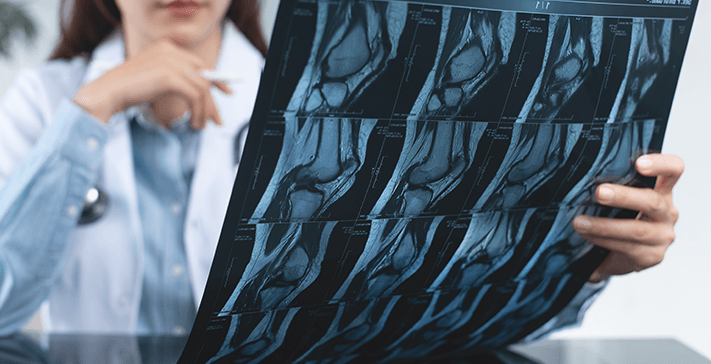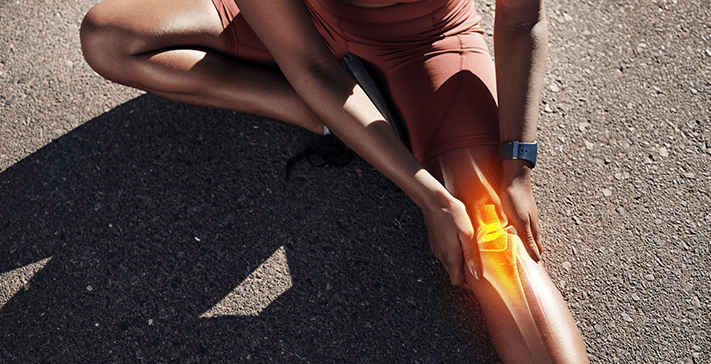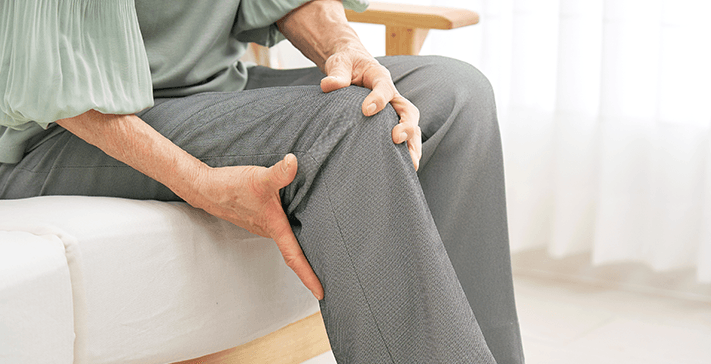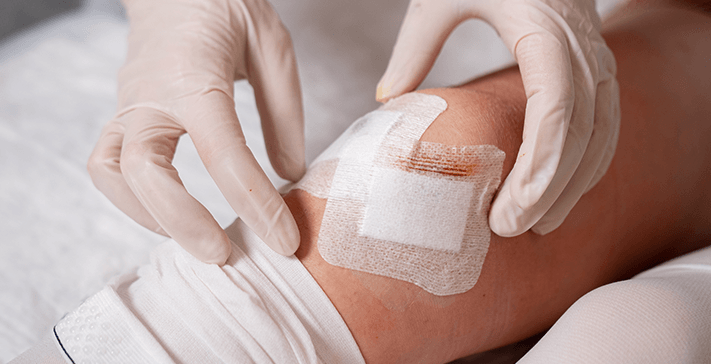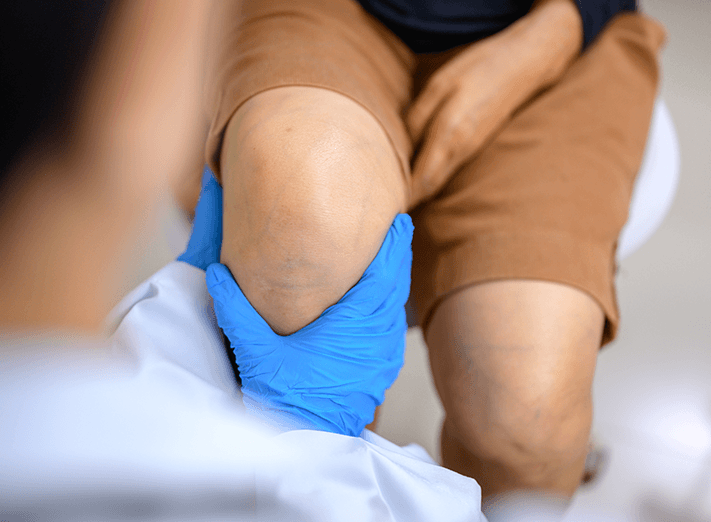What Is Knee Arthroscopy?
Knee arthroscopy is a surgical procedure used to examine, diagnose, and treat knee joint conditions. It involves inserting a small camera, called an arthroscope, into the knee through tiny incisions. The camera projects images onto a monitor, allowing the surgeon to assess the joint’s condition and perform necessary repairs using miniature surgical instruments.
Unlike traditional open knee surgery, arthroscopy requires only small incisions, leading to reduced pain, faster recovery, and minimal scarring. This procedure is commonly used for both diagnostic and therapeutic purposes.
Benefits of Knee Arthroscopy
Knee arthroscopy offers several advantages, making it a preferred choice for treating knee problems. Some key benefits include:
Minimally Invasive: The procedure uses small incisions, reducing tissue damage compared to open surgery.
Faster Recovery: Patients typically recover quicker and resume daily activities sooner.
Reduced Pain and Swelling: Smaller incisions result in less post-operative pain and swelling.
Lower Risk of Complications: Compared to open surgery, the risk of infection and other complications is lower.
Improved Diagnosis and Treatment: The high-definition camera provides a clear view of the knee joint, allowing precise diagnosis and treatment.


